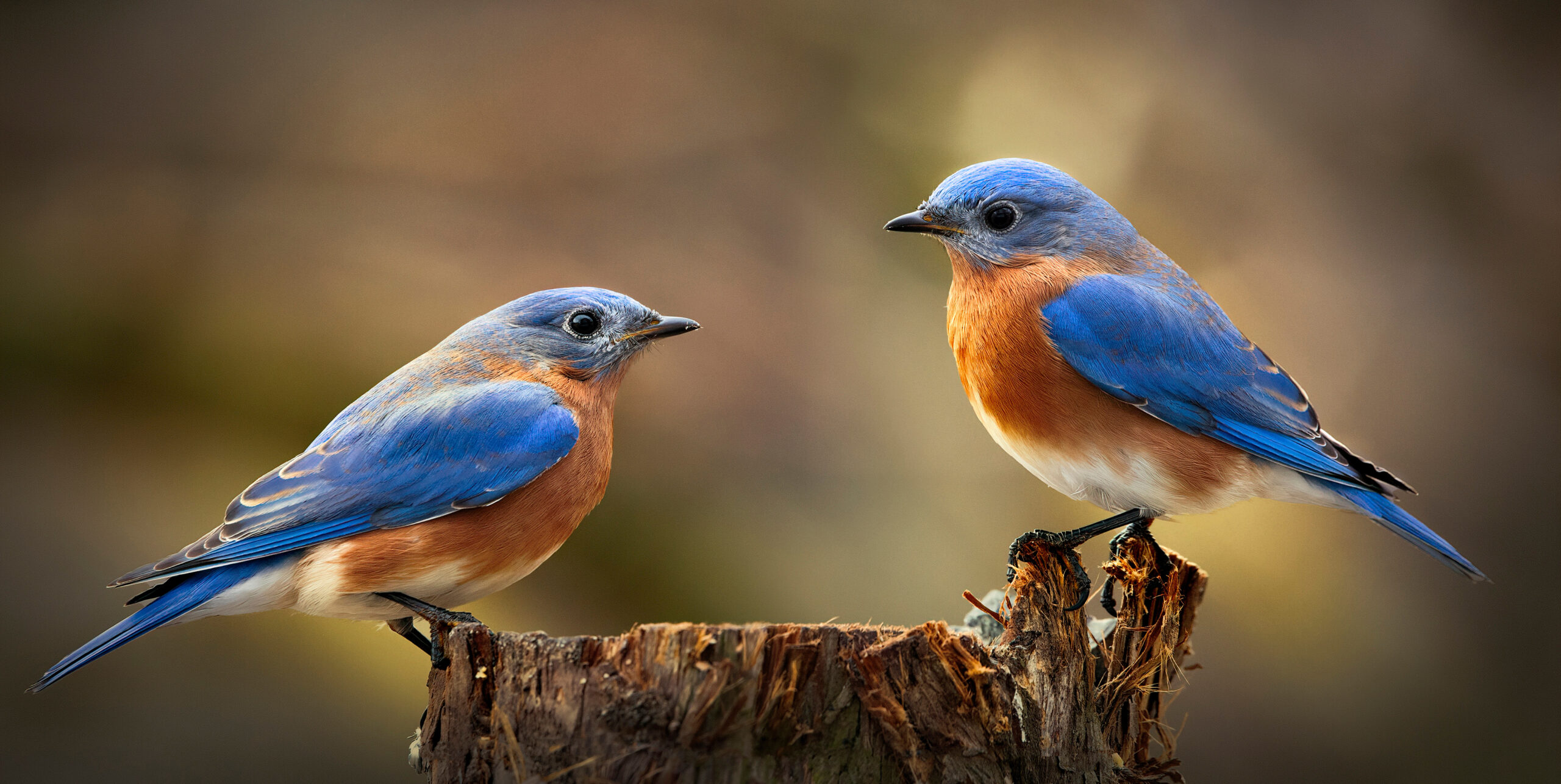People often ask me what it’s like to treat birds. My answer? Imagine trying to help a creature that weighs less than a cup of coffee, hides signs of illness until it’s nearly too late, and might take flight at any moment. Now imagine loving every second of it.
As a veterinarian who works with exotic animals, I’ve learned that birds demand more than just technical skill. They require focus, gentleness, patience, and above all, respect. Over the years, these tiny patients have taught me lessons I carry with me in every aspect of my practice and life.
Delicate Doesn’t Mean Fragile
At first glance, birds seem incredibly delicate. Their bones are hollow. Their hearts beat faster than almost any mammal. Their immune systems are easily thrown off balance. And yet, in many ways, birds are among the toughest, most resilient animals I’ve ever worked with.
I’ve seen tiny parakeets survive significant injuries, and raptors recover from conditions that would knock most animals flat. But here’s the catch: they won’t let you know they’re struggling. Birds are prey animals, and they hide their pain as a survival instinct. By the time a bird shows obvious signs of illness, it’s often already serious.
This means that in avian medicine, you need to act fast but carefully. You learn to pick up on subtle clues: a change in posture, a drop in energy, a different sound in their breathing. Every detail matters. You start to trust your instincts and sharpen your powers of observation.
Patience Is More Than a Virtue
There’s no such thing as rushing a bird exam. Trying to move too quickly either physically or emotionally can cause stress, which in birds can be dangerous, even fatal.
So, I slow down. I take deep breaths. I let the bird get used to my presence. I listen before I touch. I speak softly and move gently. It’s not just for the bird’s benefit, it’s for mine, too. Working with birds has taught me to be fully present, in the moment, focused entirely on the task at hand.
In a busy clinic, it’s easy to get swept up in the pace of the day. But when I’m with a bird, the world gets quieter. I remember that healing takes time, that trust takes time, and that doing something right matters more than doing it quickly.
Every Gram Counts
When treating birds, precision is not optional, it’s everything.
A few milligrams of the wrong medication can do harm. A diet that’s slightly off can create nutritional deficiencies. Even handling them incorrectly can cause injury. Birds require you to be meticulous and methodical, double-checking every dosage, every step, every assumption.
I once treated a cockatiel that had stopped singing and lost interest in food. There was no clear trauma or infection, just a slow, worrying decline. It took careful observation, nutritional adjustments, and weeks of patient support before she slowly returned to her old self. In those moments, I’m reminded that healing isn’t always dramatic, it’s often about small, steady wins.
The Emotional Weight of Tiny Wings
What surprises people most is how emotionally connected bird owners are to their pets, and rightly so. Birds are intelligent, social, and deeply bonded to their humans. They mimic our voices, learn our routines, and express affection in unique, subtle ways.
When a bird is sick, the worry in a client’s eyes is no different from that of a dog or cat owner. And when things go well, the joy is just as real. I’ve shared tears of relief when a beloved macaw pulled through surgery, and tears of sorrow when we couldn’t save a canary who had been someone’s companion for over a decade.
These moments remind me that every patient matters, no matter their size. And every connection deserves our respect and our best effort.
Lessons That Go Beyond the Exam Room
Birds have taught me how to listen more deeply, act more carefully, and respect the uniqueness of each living being. They’ve shown me that resilience comes in all forms, and that even the smallest heart can carry immense strength.
In a world that often demands speed and efficiency, birds have reminded me to slow down, observe, and trust the quiet process of care. These are lessons I carry into all of my veterinary work, from reptiles to rabbits to dogs and cats. And they’re lessons that have quietly shaped who I am as a person, too.
What Birds Help Us Remember
Caring for birds is one of the most challenging parts of my job and one of the most rewarding. Their needs are unique, their signals are subtle, and their care requires a kind of gentle determination that few other species demand.
But in return, they give so much. They remind me to lead with compassion. To pay attention to what others miss. To take pride in precision and to never underestimate the power of presence.
Birds may be small, but their impact on my life and my practice has been enormous.
And for that, I’m grateful.
